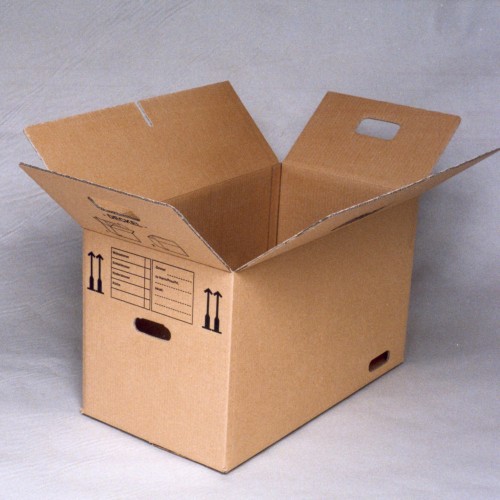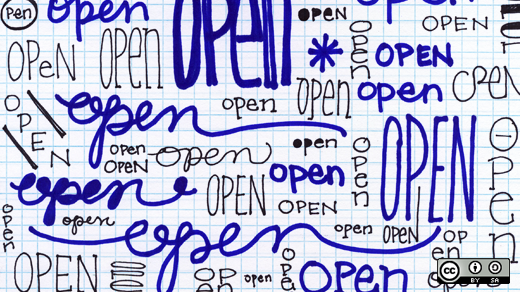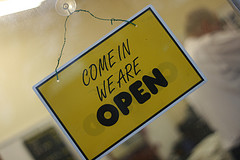My enquiry into what exactly the notion of open and openness entails seems to almost have taken me back to the starting point, the starting point not only of this particular chapter of enquiry but also to the starting point of my own initiation into open online learning and learning in the open. That’s because caring and vulnerability has been the theme taken up this week in Networked Scholars. Although I’ve already highlighted vulnerability as being, for me, a key aspect of being an open learner,
a way to engage in learning that acknowledges the vulnerability and risk that’s inherent and asks the learner to recognize and embrace this,
it was interesting to consider vulnerability yet more closely and an absolute privilege and a delight to have Bonnie Stewart share her thoughts on the topic.
In a powerful and searingly honest ‘live chat‘, Bonnie outlined the deeply personal circumstances in which her blog and was initiated, identifying the move as displaying vulnerability with agency. To me, that phrase, vulnerability with agency, seems to capture what’s at the heart of networks and learning in the open and as such, it begs the question how do educators bring learners to such a position, and by encouraging them to participate in this way what might they be asking them to assert and what might they be asking them to risk? Not easy.
It was interesting therefore to come across an article from ALT’s July newsletter entitled ‘Social media in education: ethical concerns‘ in which HE educators discussed these issues. A primary concern was that of online harassment. Of course I’ve heard of internet trolls and cyber-bullying, and I know that women are not fairly represented or treated in certain fields, but I hadn’t really stopped to consider any of this in great detail, not until now that is. Not until I was confronted as part of this week’s discussion with Kathy Sierra’s recent revelations about the harrowing experiences she’s had to endure online. Horrendous. When you’ve had nothing but positive experiences using a social networking tool such as Twitter, it’s an uncomfortable truth to realize that, for all it’s good, it’s also a hate amplifier.
The purpose of this week’s topic in #scholar14 was to consider that social media and online networks are not neutral and that, for better or worse, social media reflects society. So far, I’ve explored how online social networks function as places where scholars can agencially make themselves vulnerable but where they might also be exposed to the darker side of humanity. Thankfully, online social networks also function as places where scholars may express and experience care: support or mutuality, if you will.

As the saying goes ‘sharing is caring‘, and a culture of sharing it seems is increasingly becoming the norm online. It’s argued that open practices reflect a form of caring, and that such a culture of sharing or giving without expectation of anything in return potentially leads to the development of ‘gift economies‘ or a series of relationships that depend on meaningful collaborations and pay-it-forward interactions. I can certainly vouch for this: people sharing status updates and links, taking the time to comment on blog posts, cooperating in open online courses, collaborating in research projects and, in the case of POTCert, paying it forward. As a case in point, I think POTCert (Programme for Online Teaching) deserves a special mention, not only because it’s where I was initiated into open online learning but because it functions as a type of gift economy and exemplifies the altruistic culture of sharing outlined above. POTCert is a free, open, online class aimed at those who wish to teach online. It was was founded at MiraCosta College, San Diego and is run by run by a volunteer faculty group with its alumni ‘paying it forward’ each semester in the form of mentoring and/or moderating etc. Respect due.
Resources: in order to add more context to Bonnie Stewart’s live chat, here are the links to further resources.
Networks of Care and Vulnerability [blog] http://theory.cribchronicles.com/2014/11/04/networks-of-care-and-vulnerability/
Networked Identity: Networks of Care and Vulnerability [slideshare] http://www.slideshare.net/bonstewart/networks-of-care-vulnerability?utm_content=bufferf1a8c&utm_medium=social&utm_source=twitter.com&utm_campaign=buffer
Networked Scholars Expert Chat with Bonnie Stewart [Youtube] https://www.youtube.com/watch?v=t6xTyDar9Jw
Image source: http://en.wikipedia.org/wiki/Corrugated_box_design

This work is licensed under a Creative Commons Attribution-ShareAlike 4.0 International License.




